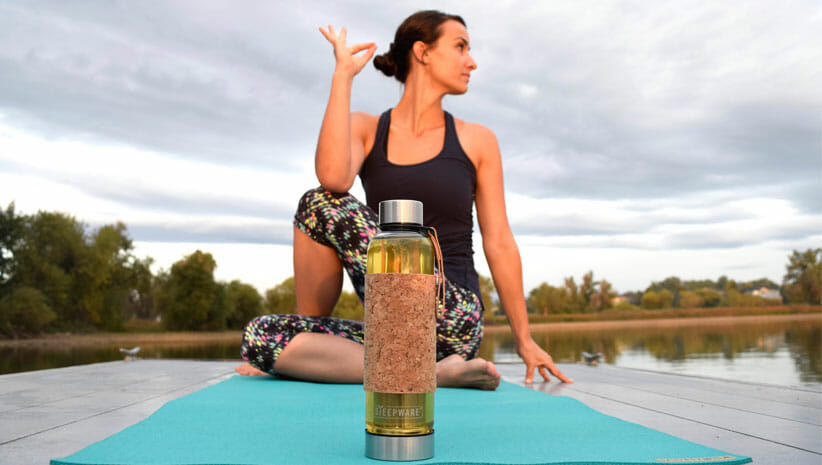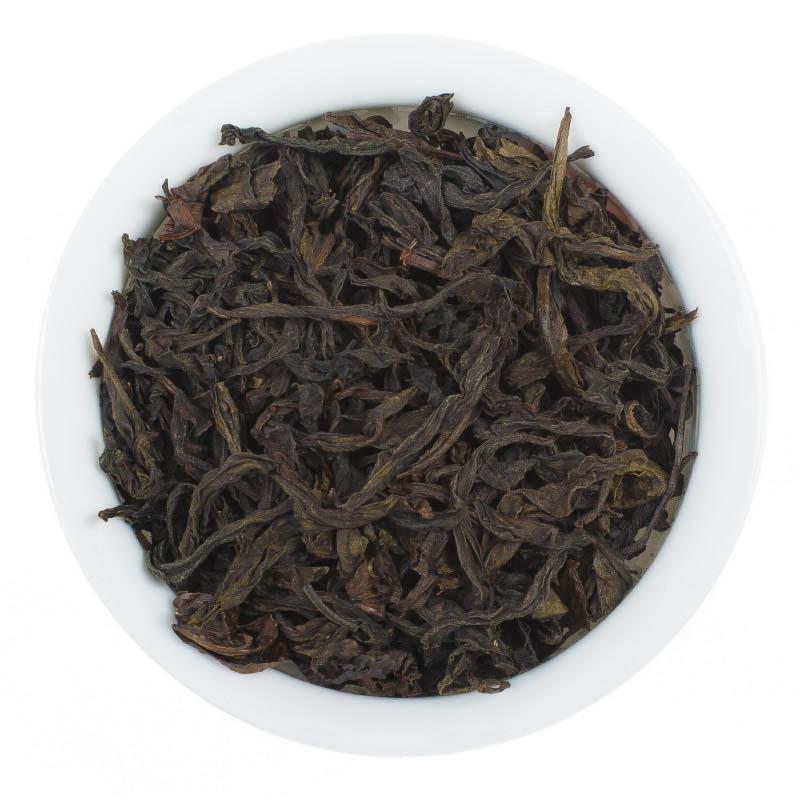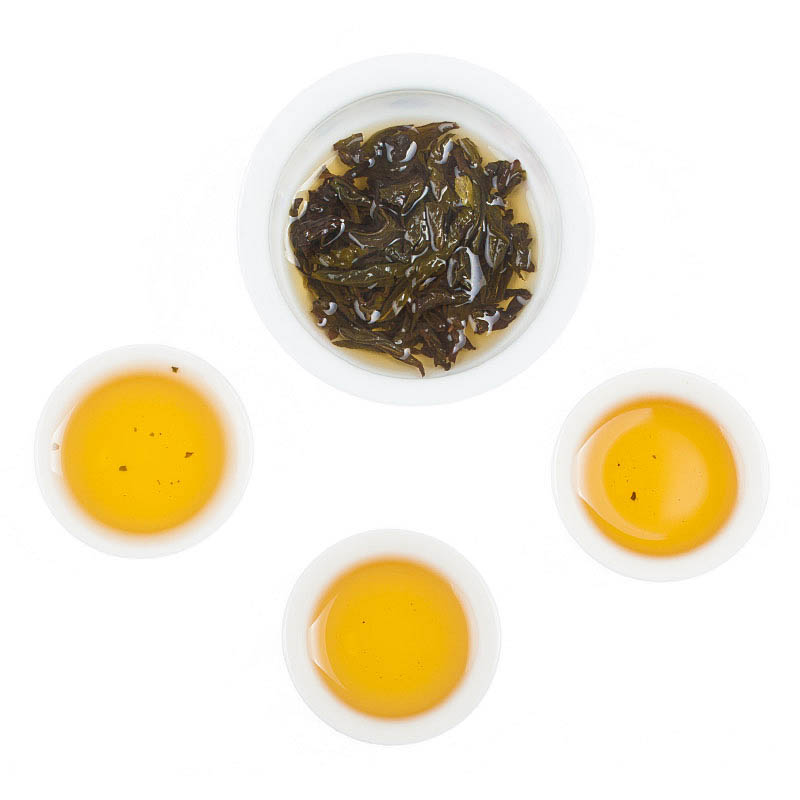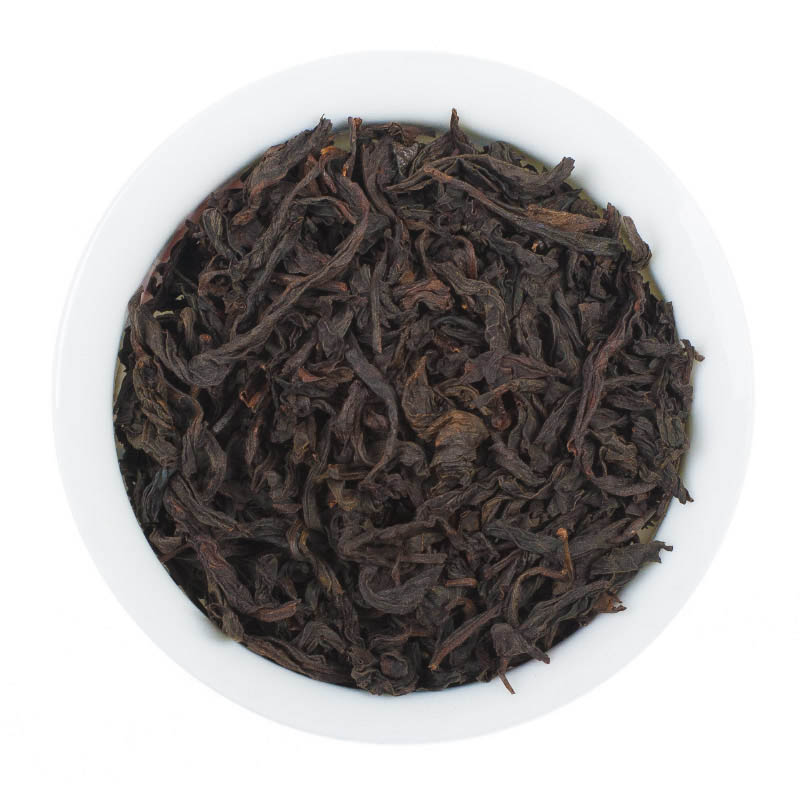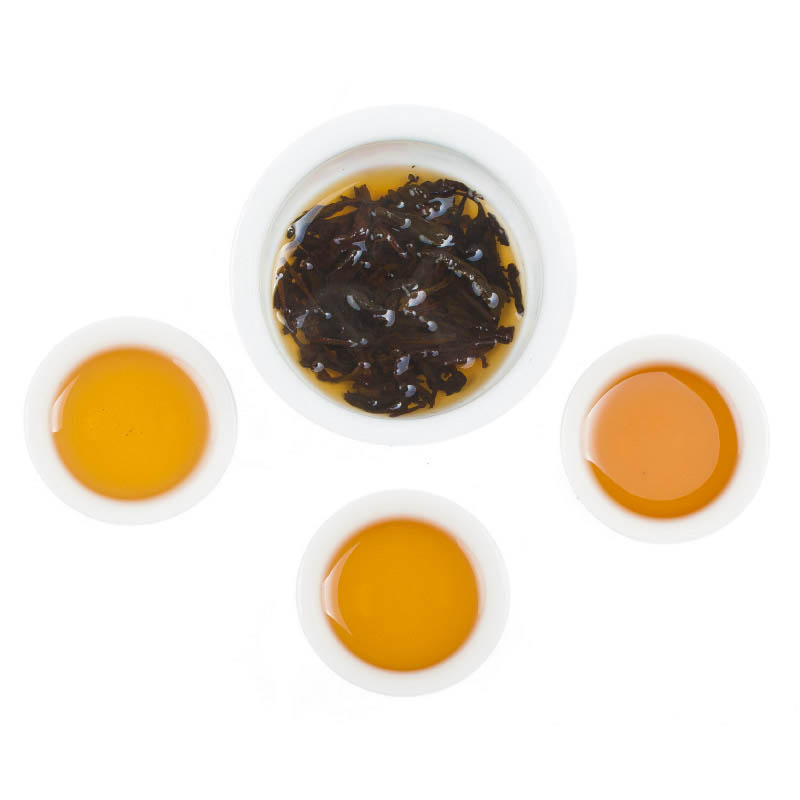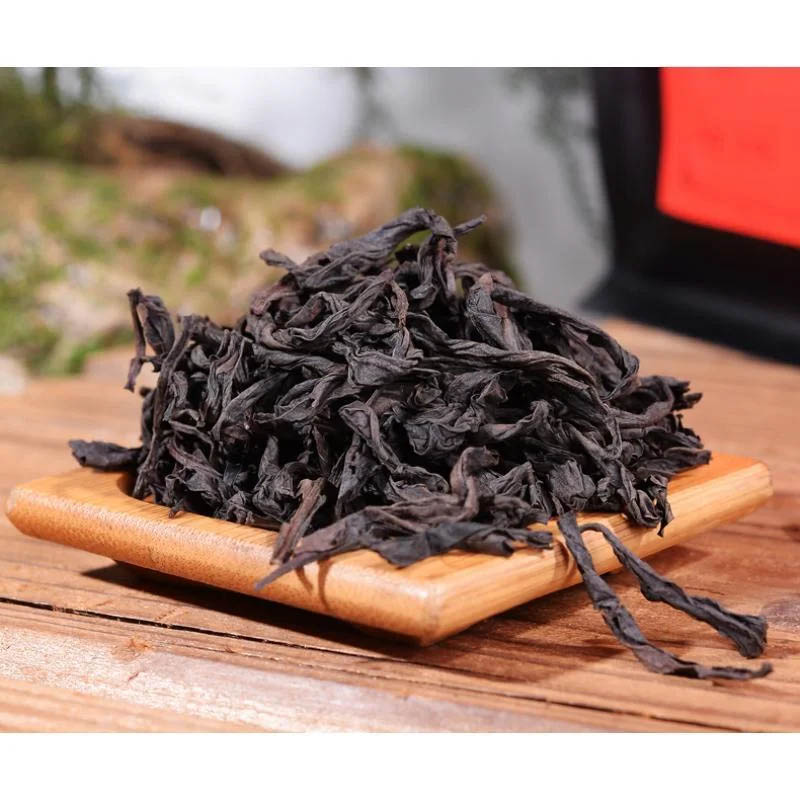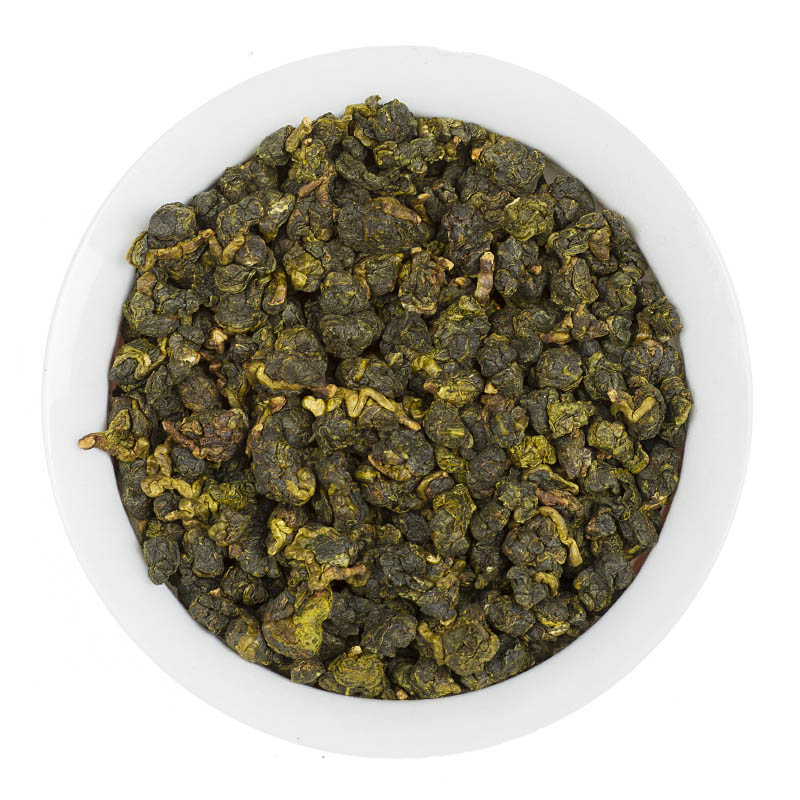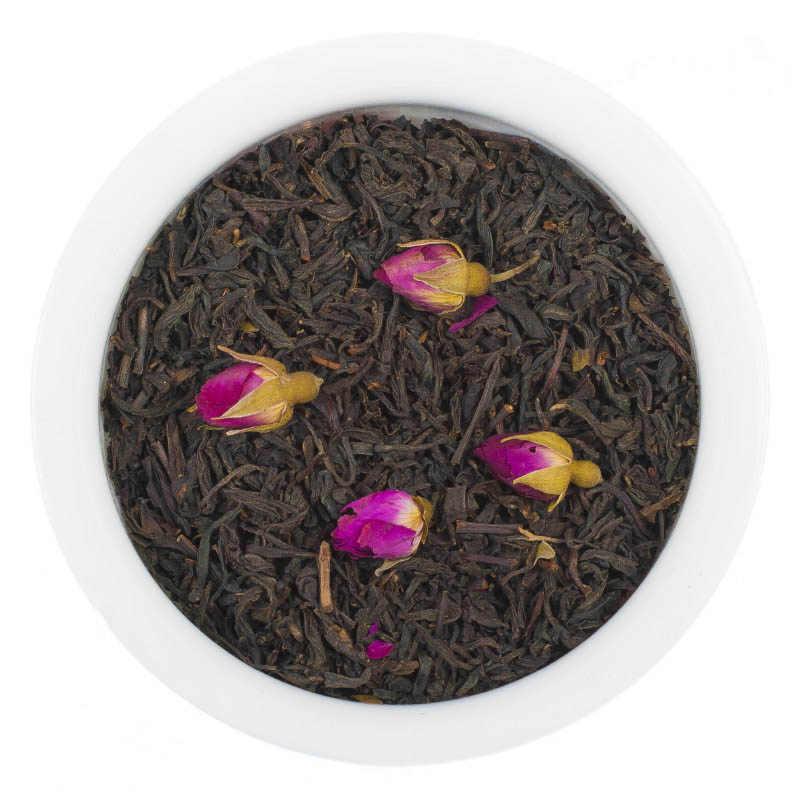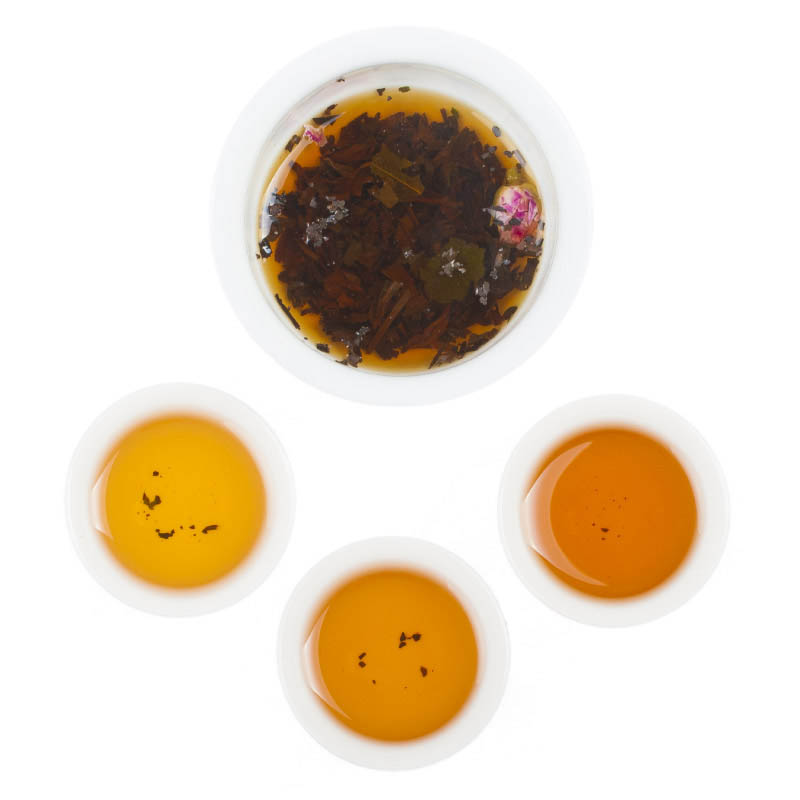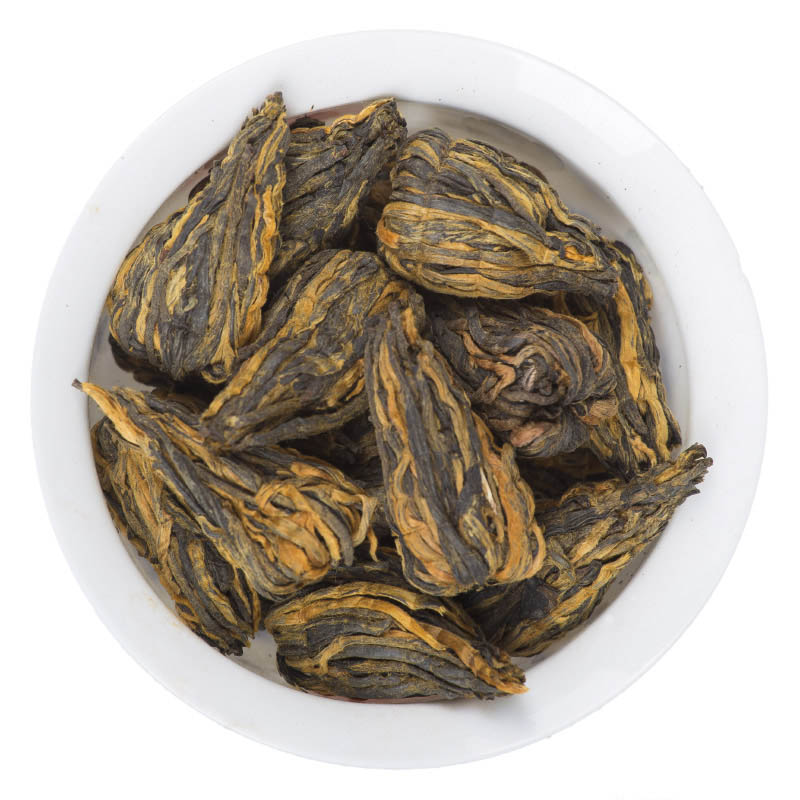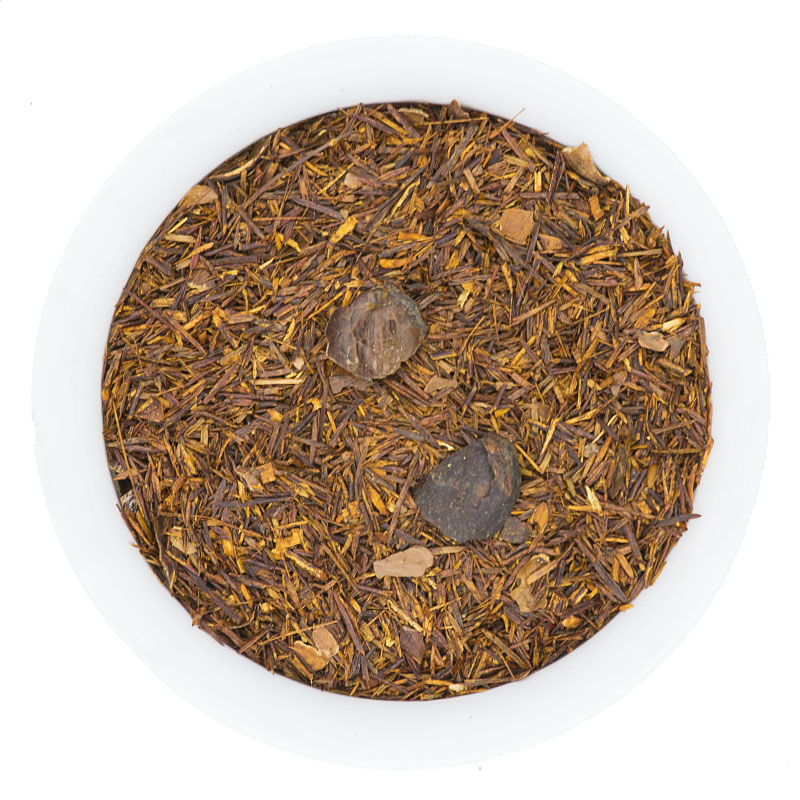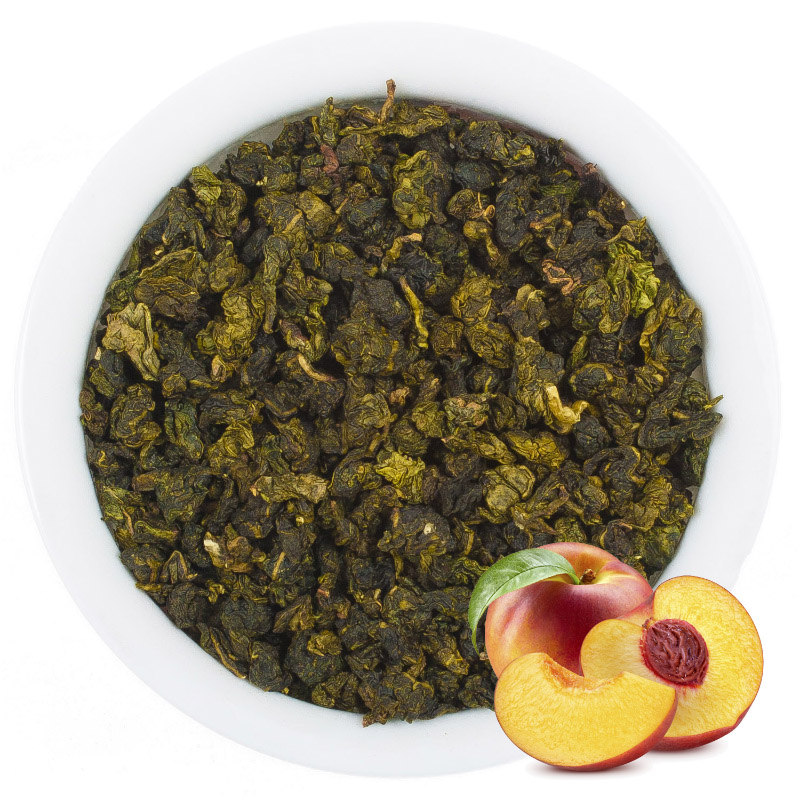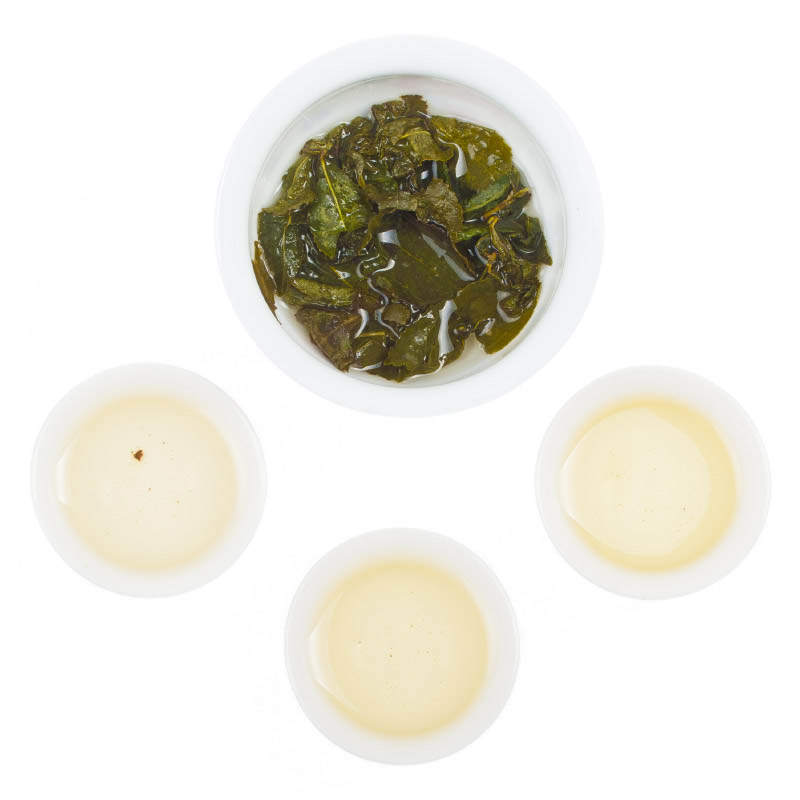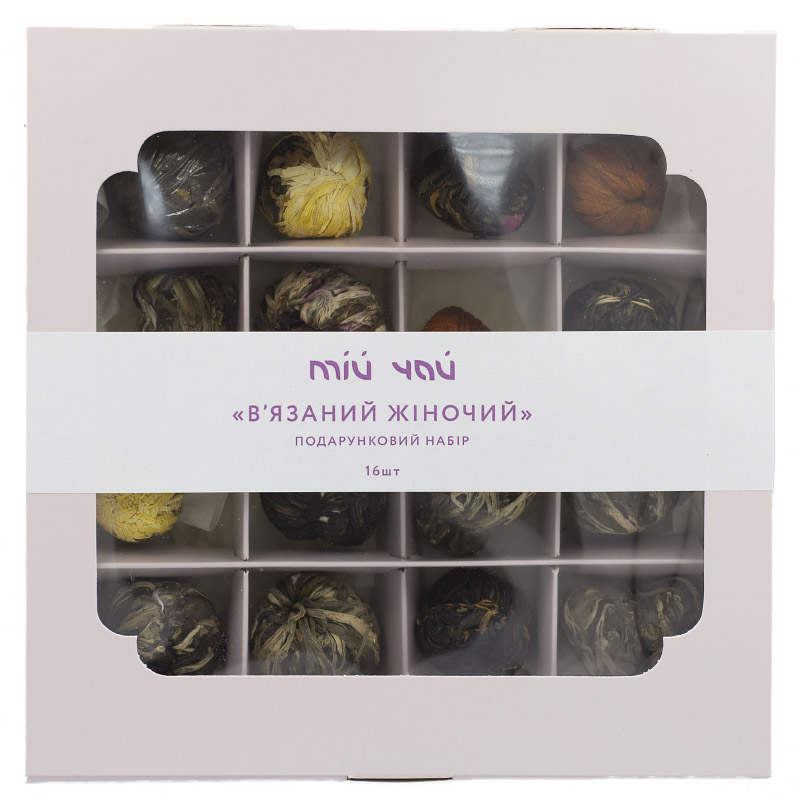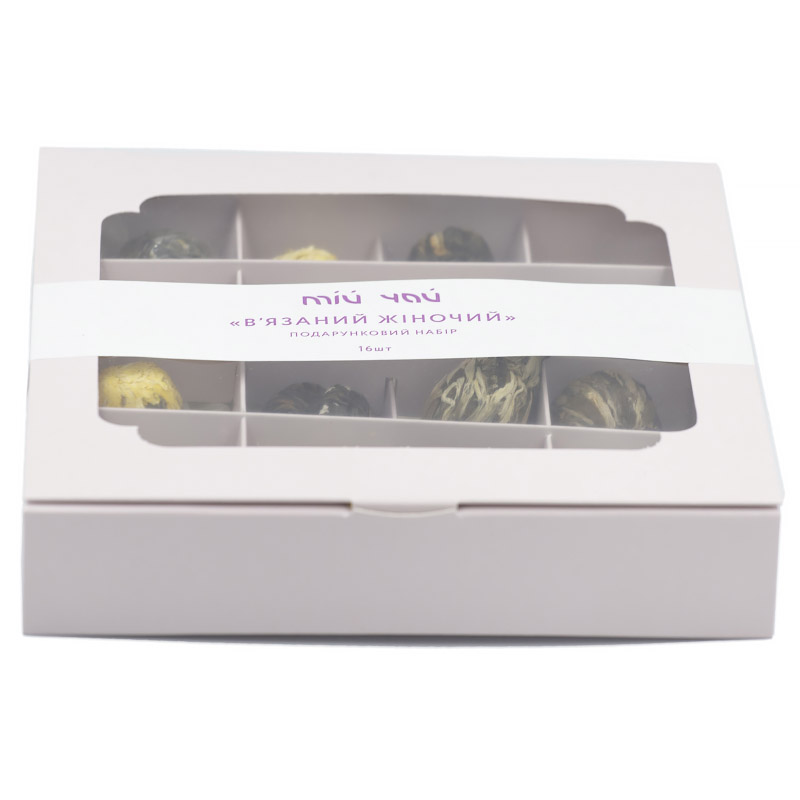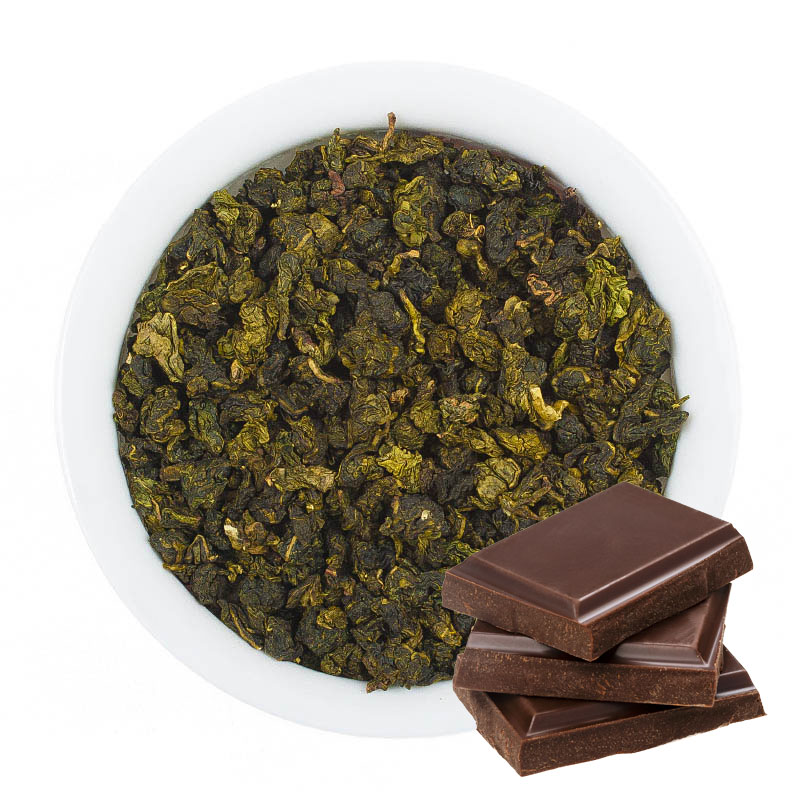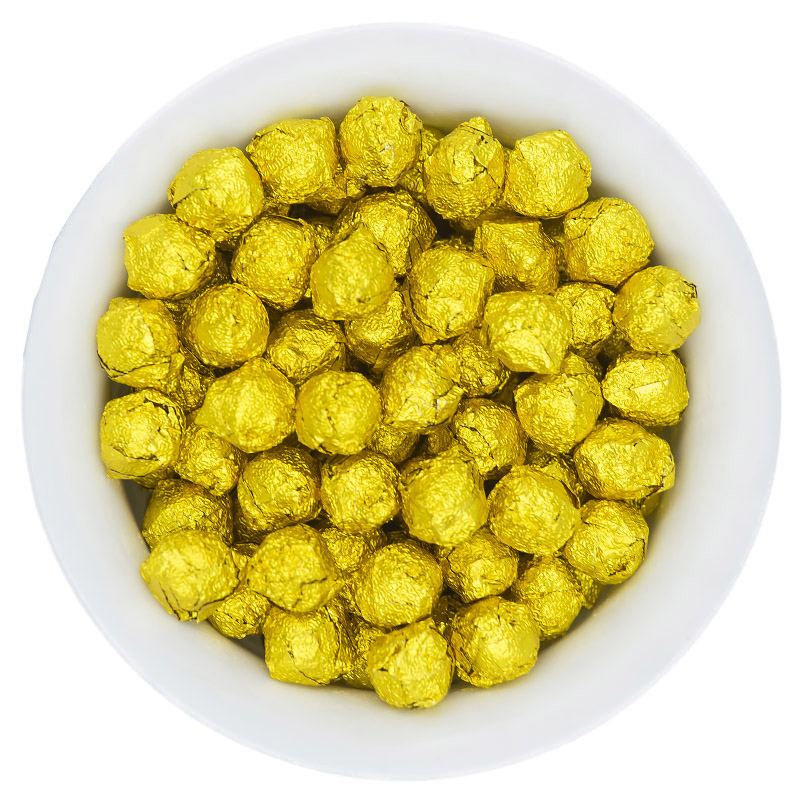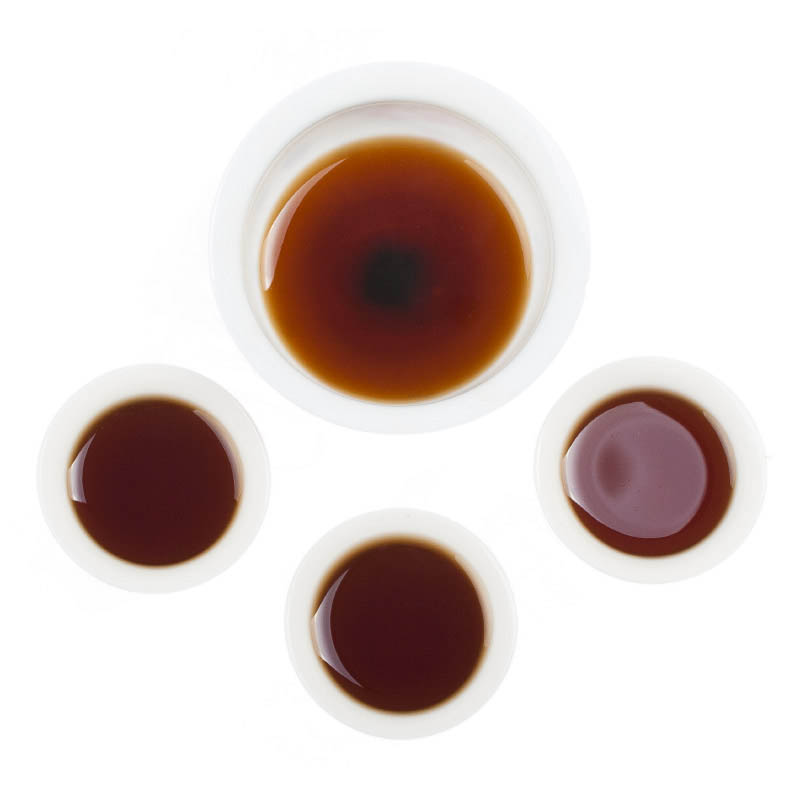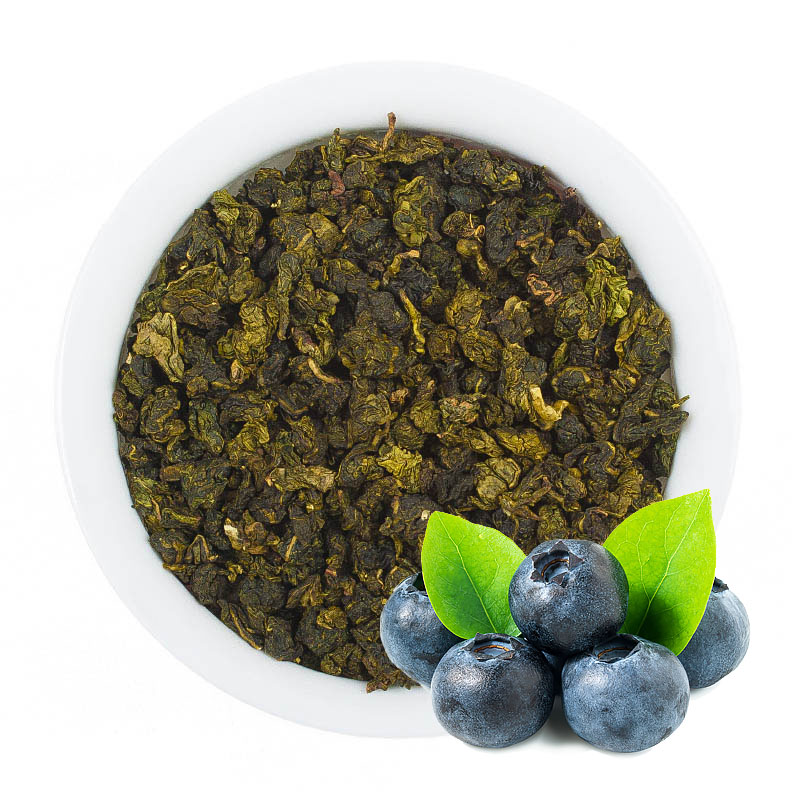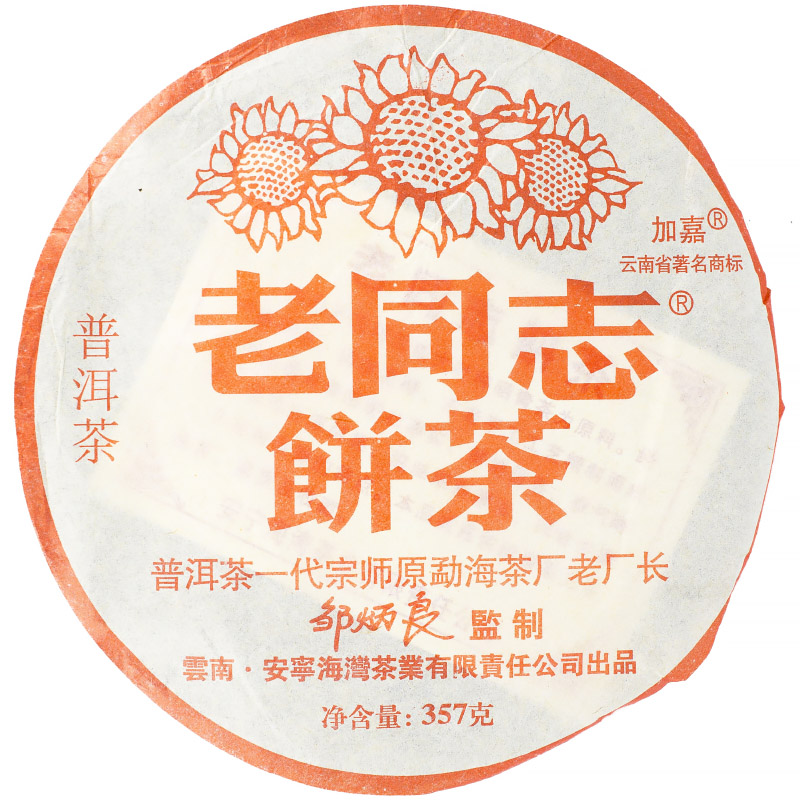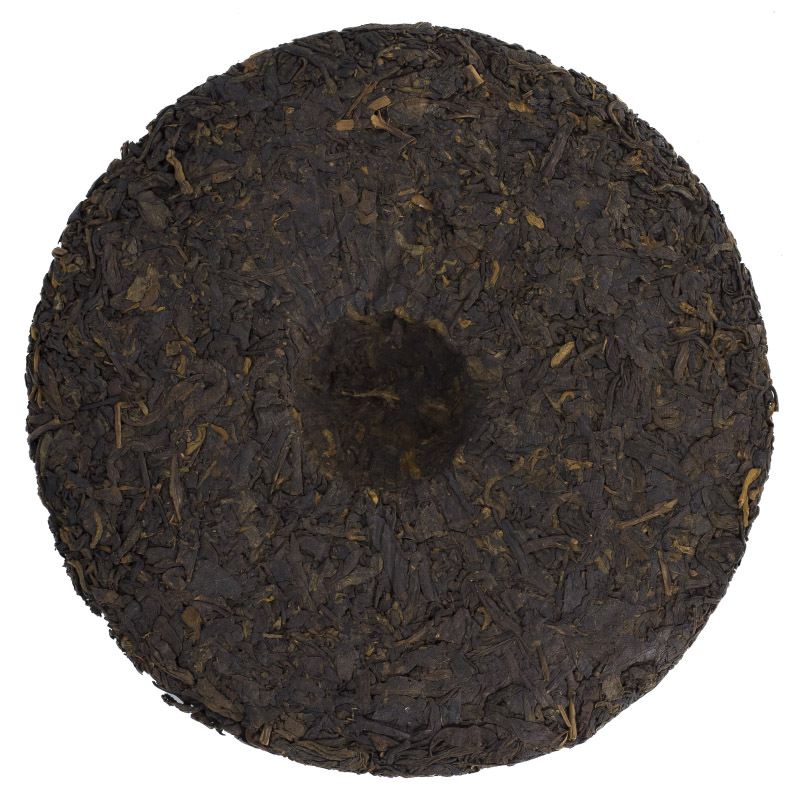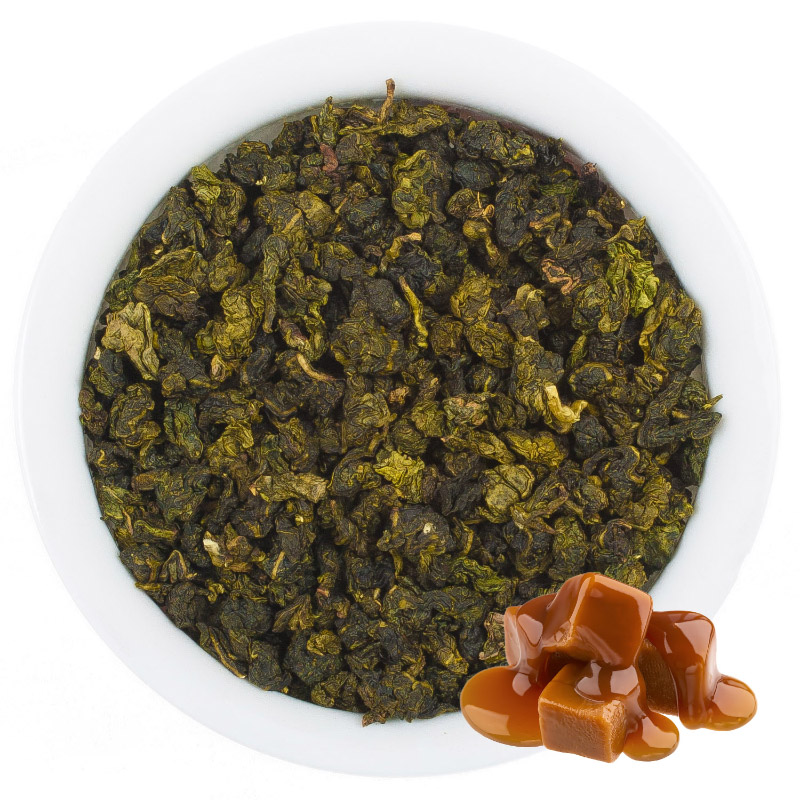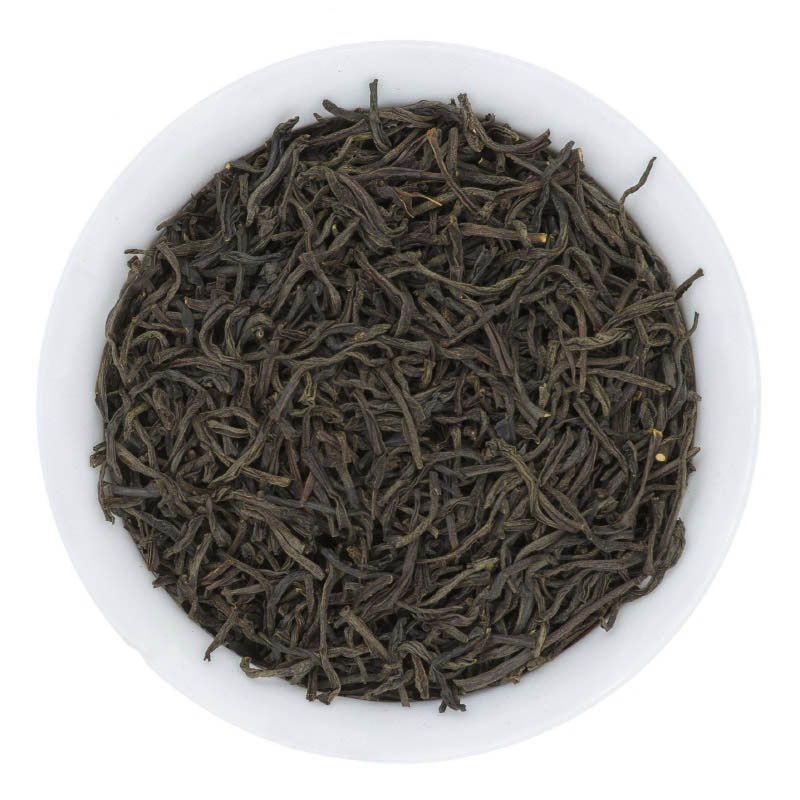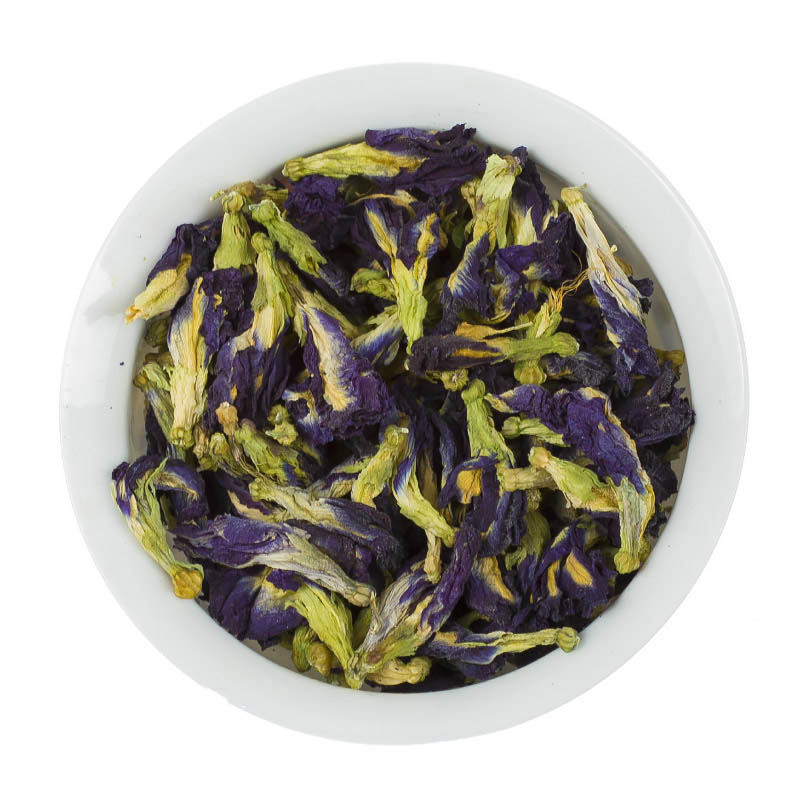Contents
- The Tandem of Yoga and High-Quality Tea for a Healthy Body
- The Benefits of the Yoga-Tea Complex
- Scientific Perspective on the Yoga-Tea Combination
- Why It's Believed Yogis Don’t Drink Tea
The Tandem of Yoga and High-Quality Tea for a Healthy Body
There’s a common belief that yogis practice asceticism and renounce all pleasures, possibly including tea—regardless of its quality and flavor. Perhaps those who have mastered their body and senses do prefer water or herbal infusions. But for everyone else, tea is more than just a momentary pleasure — it's part of a holistic wellness practice.
The Benefits of the Yoga-Tea Complex
First, let’s recall the benefits of yoga practice. Yoga harmonizes the body and spirit through meditation. To achieve this, the body must be in perfect condition — which starts with proper nutrition. Only then can one begin the journey of self-awareness. This complex process involves both physical and spiritual elements, and tea holds a special place within them.
Some gurus recommend drinking tea between meditative exercises to relax, disconnect from worldly concerns, and clear the mind. So no matter what some may say, drinking tea in combination with yoga is highly valuable.
Scientific Perspective on the Yoga-Tea Combination
Even from a purely scientific standpoint — without involving Eastern philosophy or mysticism — tea plays a significant role in yoga practice. It:
- effectively quenches thirst;
- provides the body with macro- and micronutrients;
- improves metabolism;
- tones the body;
- helps eliminate free radicals.
This means tea helps bring the body into balance, which in turn supports physical activity. After all, exercise boosts blood flow to muscles and strengthens the heart. Every contracting muscle gives an extra push to the circulatory system, enriching the blood with oxygen needed by all organs.
Tea is also recommended after yoga. It helps remove more toxins through sweat than water does. It acts as a neuromodulator, normalizes blood pressure, speeds up metabolism, benefits the digestive system, and supports relaxation after exercise.
All this leads to the conclusion that the right yoga practice combined with premium-quality tea enhances life quality.
Why It's Believed Yogis Don’t Drink Tea
We’ve already touched on the idea that yogis supposedly avoid tea. This view likely stems from the fact that they never drink low-grade teas high in caffeine. Experienced practitioners have their own recipes, which always include high-quality tea along with beneficial herbs. These blends energize the body and support vital organs like the heart and brain. One recipe might include:
- Black or green tea – such as high-grade pu-erh, matcha, rooibos, or others.
- Clove.
- Black pepper.
- Ginger.
- Cinnamon.
- Cardamom.
- Chicory.
- Nutmeg.
Milk and honey may also be added, depending on how the body responds to the drink. And of course, everything is brewed with boiling water. A well-known yoga tea might also contain one of the green tea varieties and the following ingredients:
- basil – clears the mind, boosts immunity, and shields against negative energy;
- rose petals – support the nervous system, lift mood, and promote restful sleep;
- mint – refreshing and calming;
- ziziphora – acts as a gentle sedative and promotes gastrointestinal healing.
The composition of these drinks can vary depending on personal preferences. The herbs infuse the brew with their beneficial properties, unique aromas, and flavors. When combined with yoga practice, these teas help bring body and spirit into harmony, supporting inner clarity and a balanced outlook on life.
